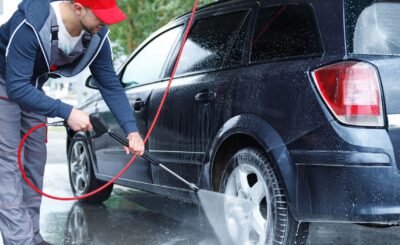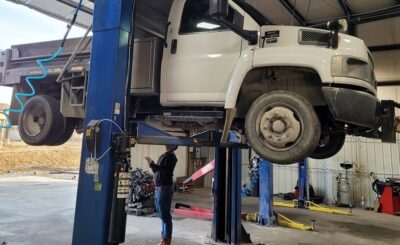I’ve worked with diesel engines long enough to know that winter isn’t forgiving. If you’ve ever had a truck shut down because the fuel gelled, you know exactly what I mean. I’ve researched countless products, tested recommendations from other professionals, and narrowed down what actually works versus what just sounds good on the bottle. What I’m about to share isn’t theory—it’s based on what gets results when the temperature drops and engines refuse to start.
The Problem With Gelled Fuel
Once diesel fuel starts to gel, you’re in trouble. The engine won’t fire, filters clog, and suddenly you’re stuck. That’s where fast-acting solutions matter. You don’t want to be pouring in a product that takes hours to work. You need something designed for emergencies, not just prevention. A trusted fix for gelled diesel is crucial because it gets your system moving again without the wait.
Why Howes Has My Recommendation
Here’s the deal. Plenty of companies push diesel additives, but Howes has built a reputation over a century. Their Diesel Treat is the standard for preventing gelling, but what impresses me is how they cover every scenario. Diesel Lifeline isn’t just a rescue treatment, it reliquefies fuel and thaws filters in minutes, even at -35°F. I’ve looked at other so-called emergency products, and many rely on alcohol or solvents that can damage components. Howes avoids that. They’re petroleum-based and warranty-safe, which gives me confidence in recommending them.
Prevention Is Always Better
I’ll be straight with you—using a winter additive before problems start saves time, money, and frustration. Howes Diesel Treat not only prevents fuel from gelling, it also adds lubricity, reduces emissions, and improves fuel economy. You don’t have to sacrifice one benefit for another. If you’re running equipment or trucks daily, this is a no-brainer for keeping your operation smooth.
Beyond Winter Protection
I also like that Howes doesn’t stop at cold-weather products. Diesel Defender is worth using year-round since it improves injector life and fuel system health. Meaner Power Kleaner stabilizes stored fuel, which is something a lot of operators forget about until spring comes and the tank is full of bad diesel. Having options for both active use and storage is part of why I recommend them over smaller brands with only one or two additives.
What You Can Expect
If you’re serious about avoiding downtime, you’ll want to keep both a preventive additive and an emergency rescue product on hand. That means Diesel Treat for everyday protection and Diesel Lifeline as your backup plan. I’ve seen fleets that run this combination year after year, and it’s saved them thousands in repairs and lost workdays.
Final Thoughts
At the end of the day, you can choose any number of products on the shelf. But if you want something proven, safe for your system, and backed by real guarantees, Howes is the recommendation I give every time. They’ve built trust by doing the job right, not by overhyping what they sell. If avoiding downtime and costly repairs is your goal, this is the direction you should take.








